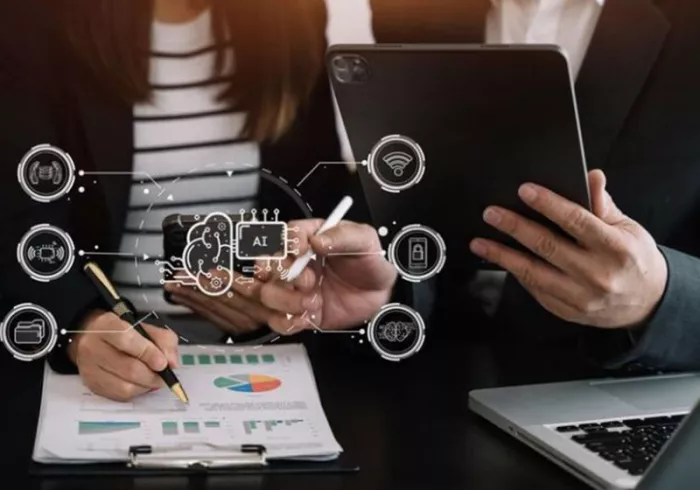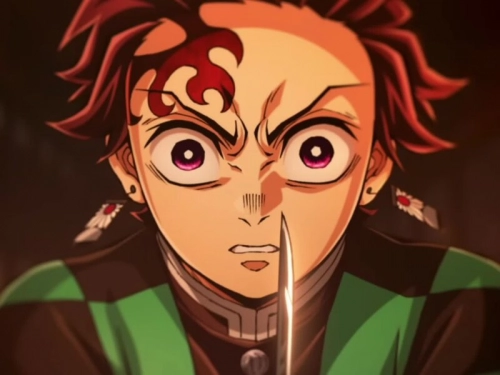
Once upon a time, business happened over boardroom tables and long lunches. Today, it often starts with something less formal: a direct message. Whether it’s LinkedIn, Instagram, or even a quick WhatsApp note, these short, personal exchanges have become the new currency of connection.
It’s not just convenience driving this shift, it’s the psychology of access. When someone writes, “Hey, loved your latest post.. Let’s chat,” the conversation feels natural, not transactional. Research from LinkedIn’s Global State of Sales report shows that 78% of professionals believe building personal relationships is more important than ever in digital deal-making. A DM doesn’t just break the ice, it can be the handshake that leads to real money on the table.

Why Informality Wins
Think about it: who replies faster, a CEO to an unsolicited cold email, or the same CEO to a thoughtful message on Twitter or LinkedIn? The latter. DMs cut through corporate layers, creating direct lines where deals are born in plain language.
This informality doesn’t make the interaction less serious, it makes it more authentic. A study by McKinsey found that buyers are twice as likely to engage with sellers who demonstrate a personalized, casual tone, rather than those who come in with a rigid, sales-deck-first approach. The handshake has gone digital, and it looks a lot like emojis, voice notes, and GIFs.
Digital Handshakes
We still crave the symbolic value of a handshake, it’s about trust. But in a world where many business relationships begin and thrive online, the handshake is now an exchange of messages, a calendar invite, or even a video call wave.
Psychologists argue that trust in digital communication builds differently. Instead of physical cues like eye contact, we look for speed of response, tone of writing, and consistency. When someone follows up promptly or remembers a detail you shared weeks ago, that becomes the modern signal of reliability.
Deals in the DM Era
Let’s get practical. Consider how venture capital firms are sourcing deals today. Many investors openly admit that Twitter and LinkedIn are where they first spot founders worth funding. A pitch deck might still be required, but the spark usually starts with a DM exchange that grows into a call, then into a serious negotiation.
Even small businesses thrive on this shift. A boutique designer can land a corporate contract after a single Instagram DM exchange. A freelancer can close a five-figure retainer through Slack introductions. The lower barrier to entry is changing who gets to sit at the table and how fast.
Blurring Lines Between Personal and Professional
This new way of working also challenges traditional boundaries. Is it okay to message someone about business at 9 p.m.? Should you keep it all in LinkedIn, or is moving to WhatsApp a step too personal?
The etiquette is still evolving, but one rule stands out: mirror the medium your counterpart prefers. If they start the conversation on LinkedIn, don’t jump to email unless invited. If they send you a voice note, reply in kind. This fluidity shows you’re paying attention, which is the real hallmark of modern professionalism.
The Human Element Remains the Core
It’s easy to get carried away with the novelty of digital networking, but at the heart of every DM is still a human being. Technology has simply made access easier and faster. The craft lies in not treating these exchanges like shortcuts but as relationship-building opportunities.
A Harvard Business Review piece highlighted that the strongest digital networks are built on small, consistent interactions liking a post, sending a note of encouragement, and sharing an article. These touches don’t close deals immediately, but they form the trust that makes a “yes” possible later.
Where Do We Go From Here?
Business has always adapted to the tools of the time. Letters gave way to phone calls, which gave way to emails. Now, DMs and digital handshakes are simply the next chapter.
The lesson isn’t to abandon formality altogether but to recognize that real business often begins in the informal spaces. The polished proposal still matters, but without that first quick message, it may never reach the right eyes.
So the next time you hesitate before hitting “send” on a DM, remember: you’re not just typing words, you may be extending the most important handshake of your career.




Comments